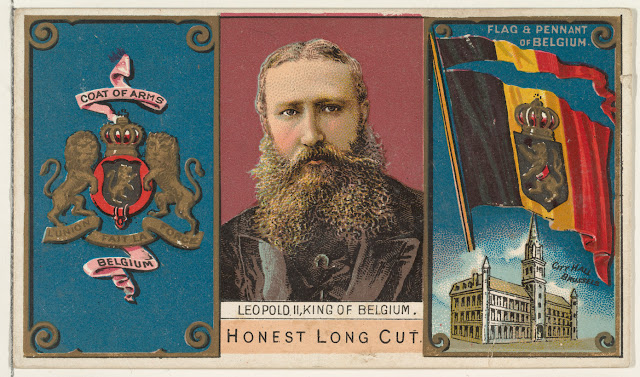 |
| Elmer Gertz (ST file photo) |
I've posted many of my favorites, but this one has so far escaped republication. It came to mind recently because a friend joked that I am old enough to have known Leopold and Loeb (sigh, notorious "thrill kill" murderers whose 1924 slaying of a 14-year-old neighbor, Bobby Franks, and subsequent trial, horrified the public). I replied that no, wiseguy, I didn't. Though now that I think of it, I did know Nathan Leopold's lawyer, and had been to his apartment. Not Clarence Darrow, who saved Leopold's life and allowed him to go to prison. But the lawyer who got him out.
Elmer Gertz — lawyer, writer and intellectual gadfly, whose scholarly pursuits brought him into contact with some of the great figures of his day and whose legal work associated him with several notorious killers — died Thursday at 93.
He was best known for winning the 1958 parole of 1924 thrill-killer Nathan Leopold, and for defending Jack Ruby, the slayer of Lee Harvey Oswald. He became friends with both men, visiting Leopold in Puerto Rico and serving as a pallbearer at Ruby's funeral.
Mr. Gertz also represented the author Henry Miller in the landmark 1963 Tropic of Cancer censorship case.
He was a famous champion of liberal causes and a staunch opponent of the death penalty.
"He was an inspiration. He was one of the reasons I went into law," said grandson Craig Gertz, 35. "He represented principles of justice and fairness that I can only hope to carry on in his name."
Mr. Gertz was 25 when the first of his many books, "Frank Harris: A Study in Black and White," was written with Dr. A. I. Tobin. Rebecca West called it "a great book," and it was favorably reviewed by the likes of H. G. Wells, G. K. Chesterton and H. L. Mencken.
Harris was only one of many prominent figures with whom Mr. Gertz, to his never ending pride, corresponded, from Winston Churchill, Clarence Darrow and Leon Trotsky to George Bernard Shaw and Lord Alfred Douglas, Oscar Wilde's lover. Harry Truman sent him more than 100 letters.
He was born in Blue Island, near what was then 12th Street, the fourth child of Morris and Grace Gertz. His father, a Lithuanian immigrant, ran a clothing store at 39th and Cottage Grove; his mother died when he was 10. Growing up, he spent several years in orphanages, both in Chicago and Cleveland, with his father paying room and board, as was common then for motherless children.
He attended more than a dozen schools, including Herzl elementary, where his classmate was future U.S. Supreme Court Justice Arthur Goldberg.
He graduated from Crane Technical High School, then the University of Chicago. Inspired in part by the Sacco-Vanzetti case, he went to the University of Chicago Law School, receiving his degree in 1930.
Mr. Gertz went to work as an assistant in the law firm of political fixer Jacob Arvey, where he worked 14 years.
He had a role in Chicago's fair housing movement of the 1940s and 1950s, and was a champion of inclusion of African Americans in bar associations.
Mr. Gertz was on Jack Ruby's defense team between 1964 and 1967, overturning his conviction for murdering Lee Harvey Oswald. But Ruby died before he could be retried.
Mr. Gertz won election to the Illinois Constitutional Convention in 1969, and was chairman of its Bill of Rights committee.
He received Israel's Prime Minister's Medal in 1972.
After he was tarred as a criminal and a Communist by the John Birch Society, the libel lawsuit he filed took 14 years and reached the Supreme Court. The court's ruling in favor of Mr. Gertz extended protections against defamation.
At the time of his death, he was a member of the adjunct faculty of John Marshall Law School and lived in East Lake View.
He was a founder and past president of the Civil War Round Table, and also participated in the Shaw Society of Chicago, Public Housing Association and many other organizations.
Survivors include a daughter, Margery Hechtman; son Theodore; six grandchildren; five great-grandchildren, and two brothers, Robert and George.
Services are at 2 p.m. Monday at Weinstein Family Services, 111 Skokie Blvd., Wilmette. Burial follows at Memorial Park, Skokie.
—published in the Sun-Times, April 28, 2000









